5 Things to Consider Before Water Well Drilling
Having a private source of water is a nice perk. You don't have to pay a city water bill, and in some cases, your well can be a tax deduction. Most Americans prefer water well because it's healthier than water supplied by a municipality. According to the NGWA, groundwater accounts for approximately 39% of the water used in U.S. municipalities. Water well is an excellent choice for your health and benefits the environment because it has fewer chemicals. When water well drilling, there're five things you need to consider.
1. Geography Matters
Simple water well pounded into the earth might not work well in an area with sandy soil and a high water table. A drilled well is best on a high concentration of clay soil and hard ground. Consult your well professional to determine which type of well will do the best where you live.
2. Your City Has Regulations for Wells
Do your research before drilling a well. Does your city have regulations and policies about water wells? Ensure that your well sticks to your city safety codes and other regulations like:
- How wide can it be?
- How deep should it go?
- How far does it need to be from apartments?
- How far does it need to be from sewer pipes to draw safe water?
- Do you need a permit?
Before starting your water well drilling project, please read and understand all the regulations. Also, stick to the rules to ensure your well is safe and to avoid penalties from your local inspector.
3. You'll Need a Pump
Unless you plan to send a bucket up and down daily, you'll need a pump system to access your water. From a simpler hand pipe at the well to a pump and pipe system to your home, don't forget to include that in your plans for the well.
4. You'll Need to Test the Water
Quality and purity of water are key for consumption. You'll have to test the water once your well is drilled and pumping. Tests on analyzing bacteria and other contaminants confirm the water is safe to drink and serviceable.
5. Wells Can Be Costly
Drilling a well isn't a small project. Prices for the installation of the well vary. Therefore, ensure you budget for the complete project. Plans for expenses are:
- Your engineer
- Pipes and pumps
- Digging and securing the well
- Fees for inspections and permits
- Landscaping after the well is completed
If done properly, the expenses of drilling your well can save you money in the long term.
If you're ready to begin drilling your well; ensure you make the right connections. You can achieve this by finding a reputable engineer in your area to conduct the water well drilling and install the water pump and pipes.


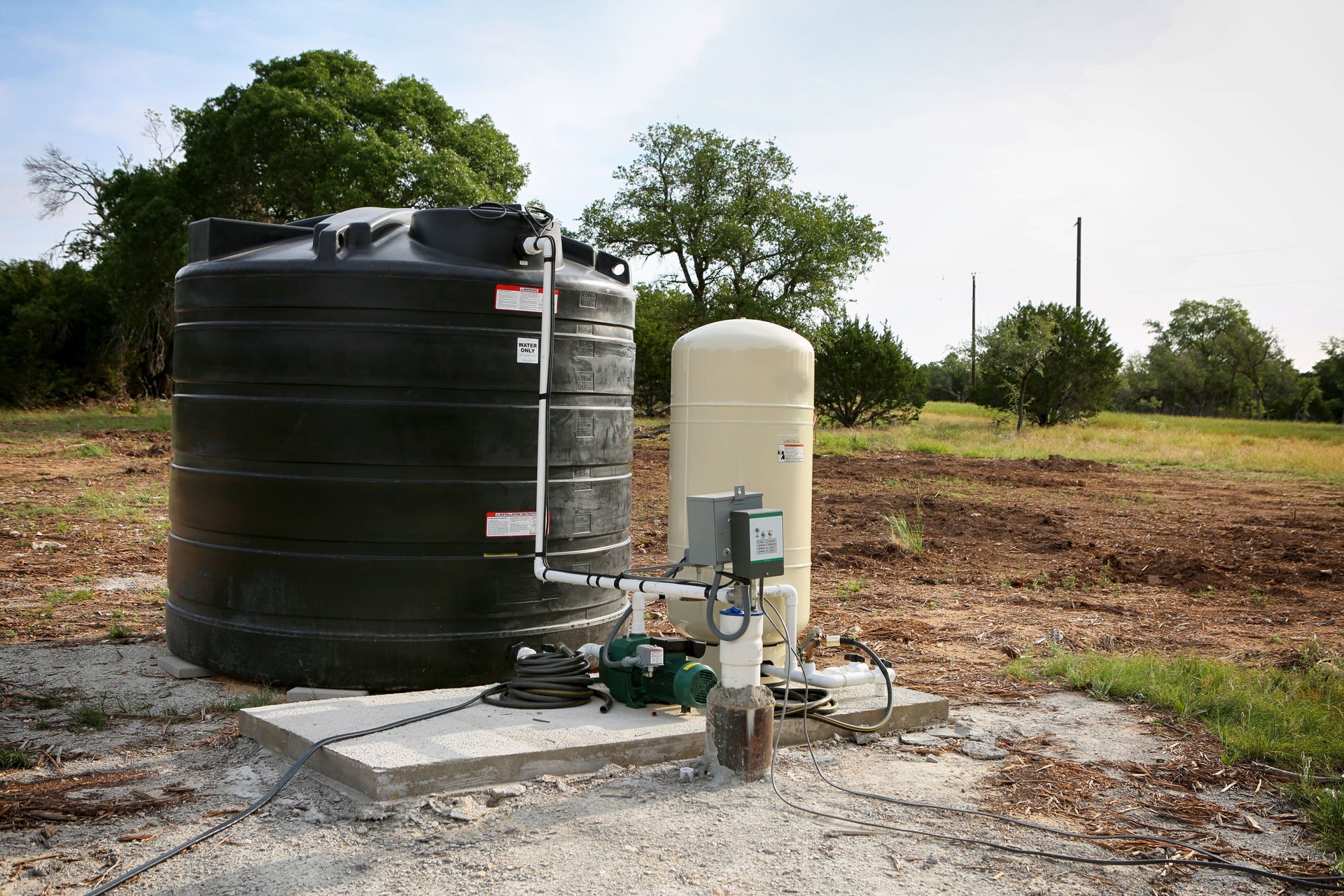
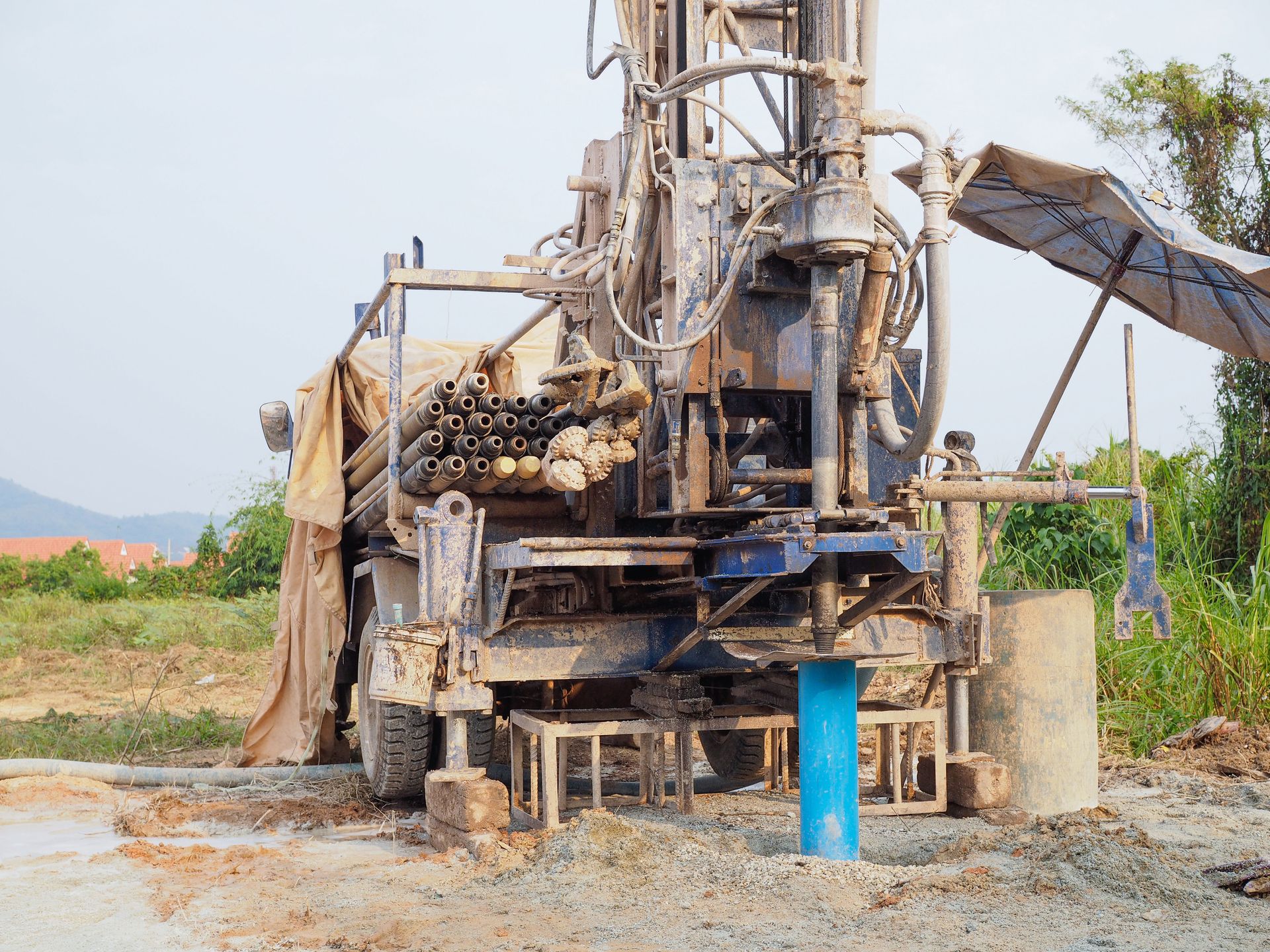
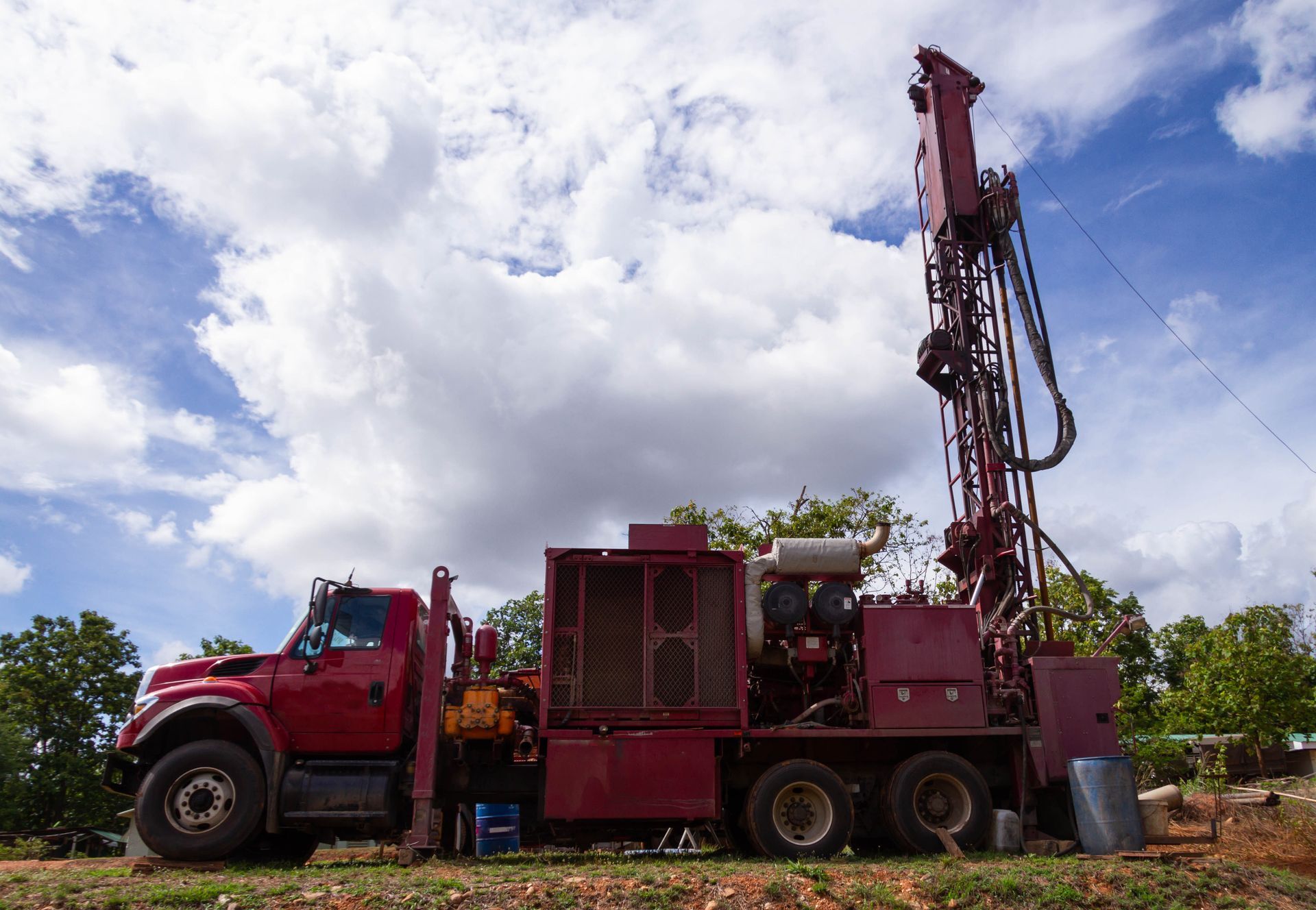
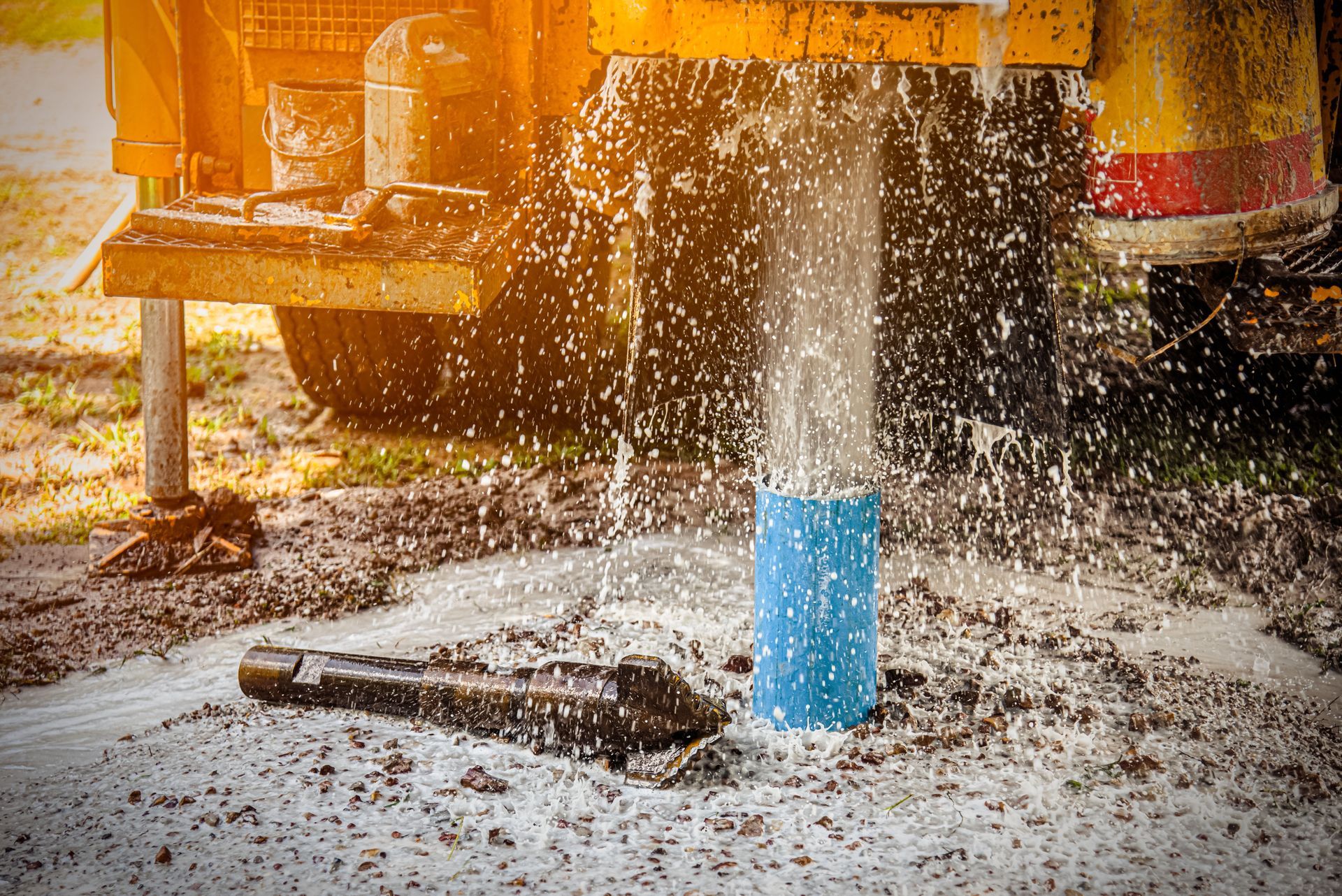
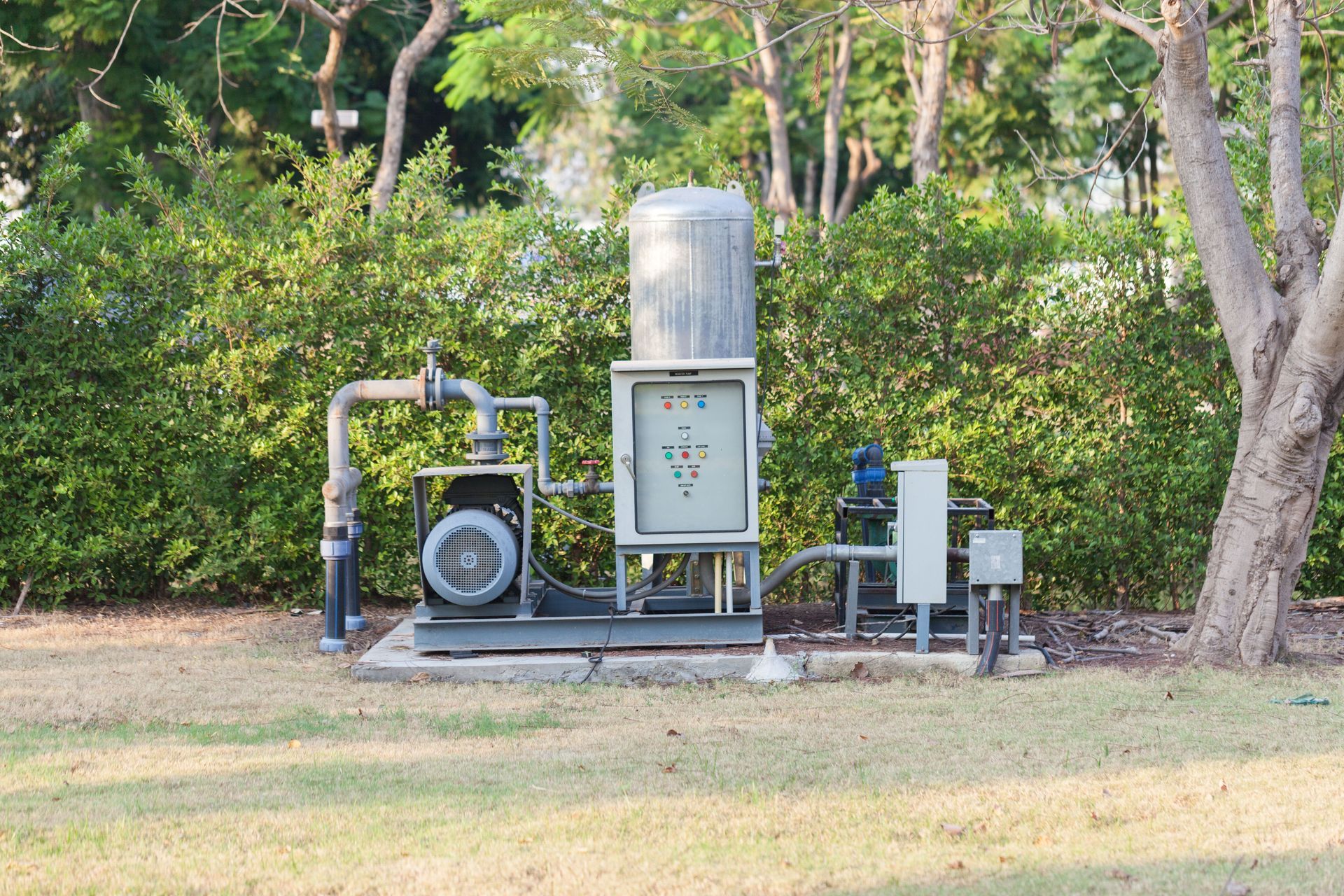
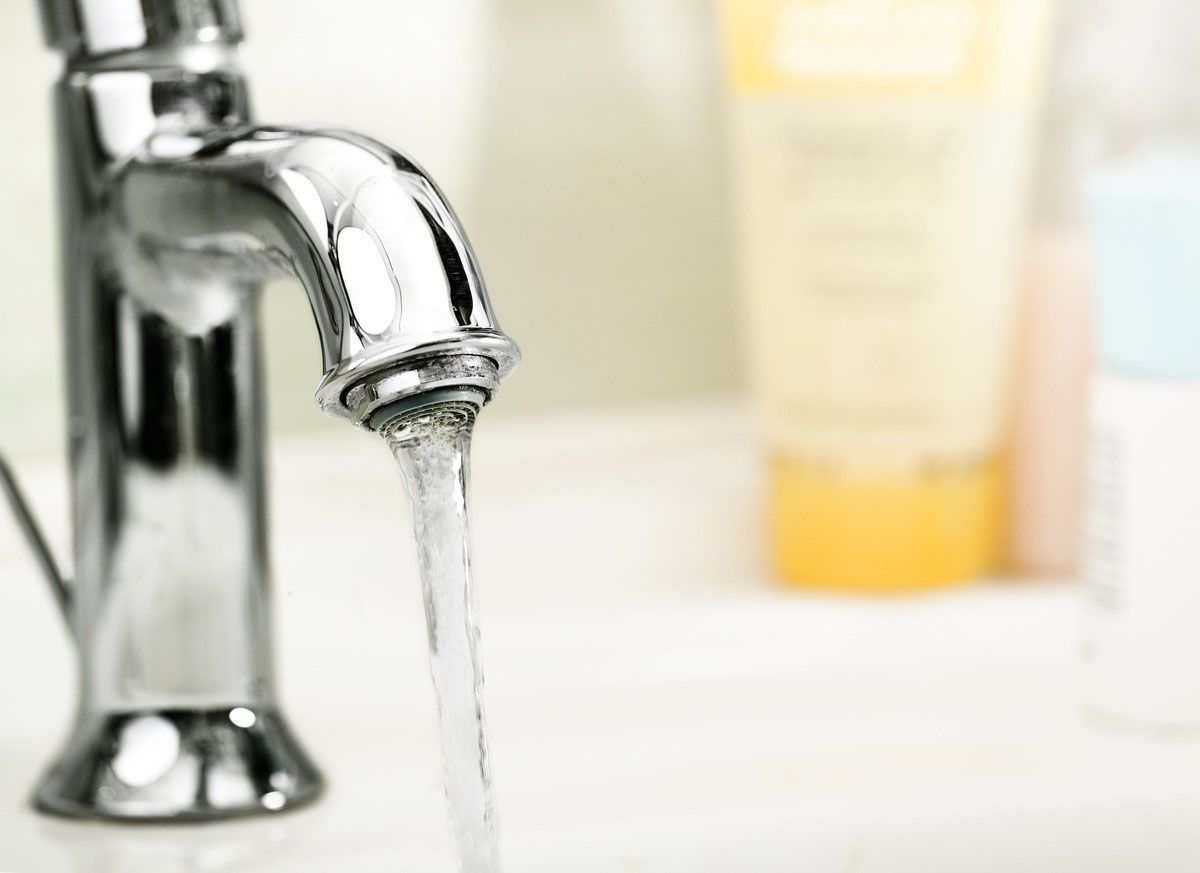
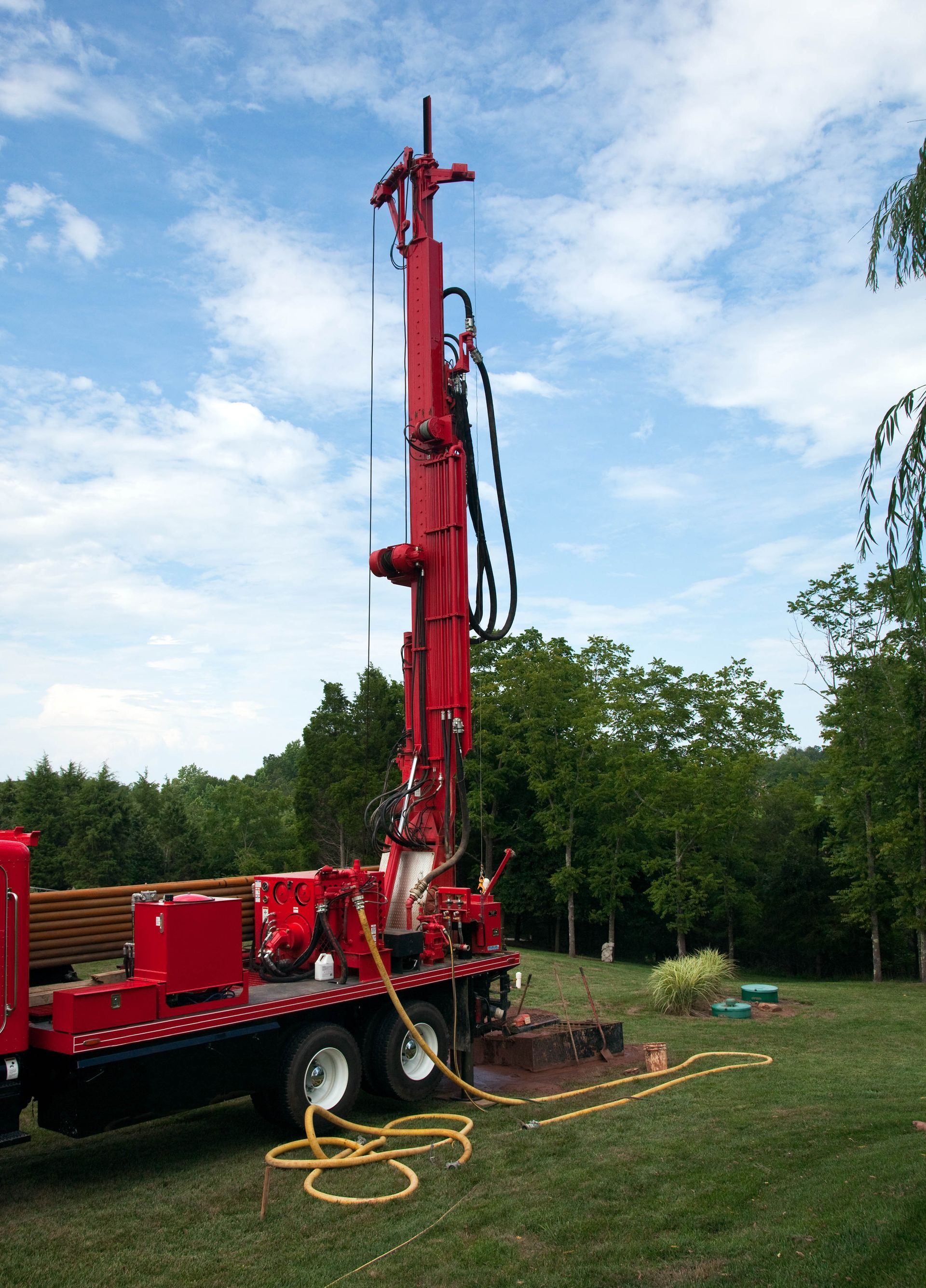
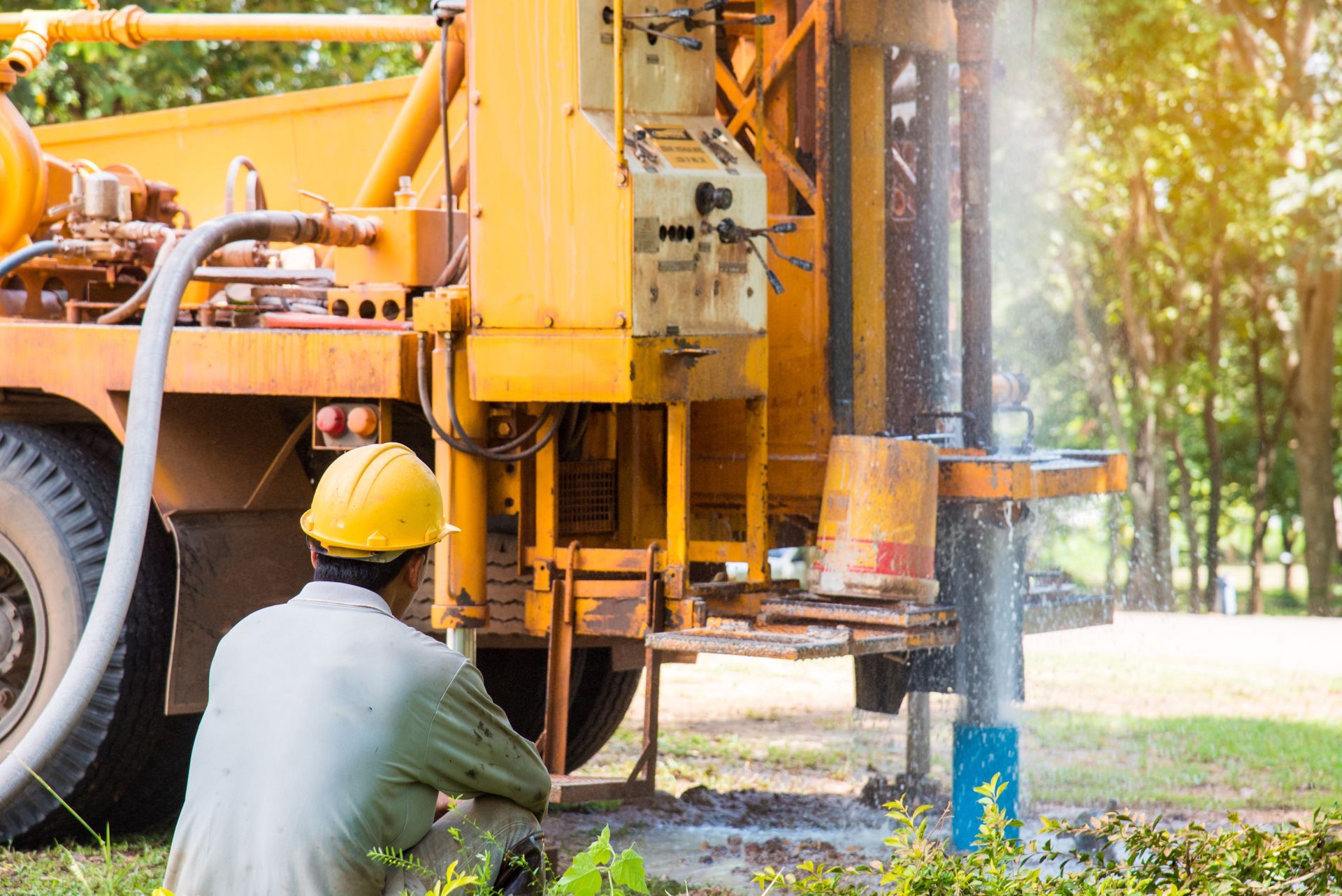
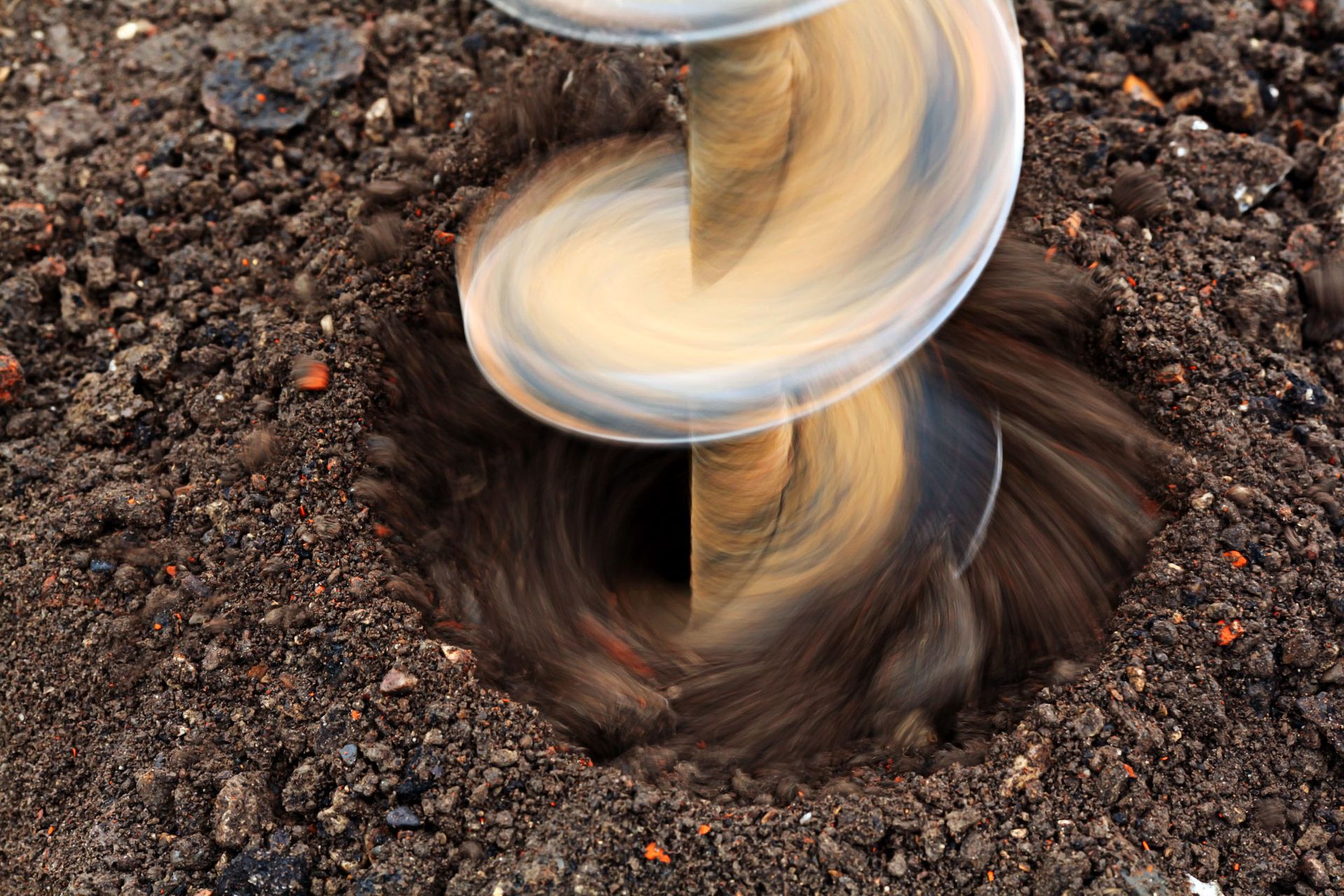
Share On: